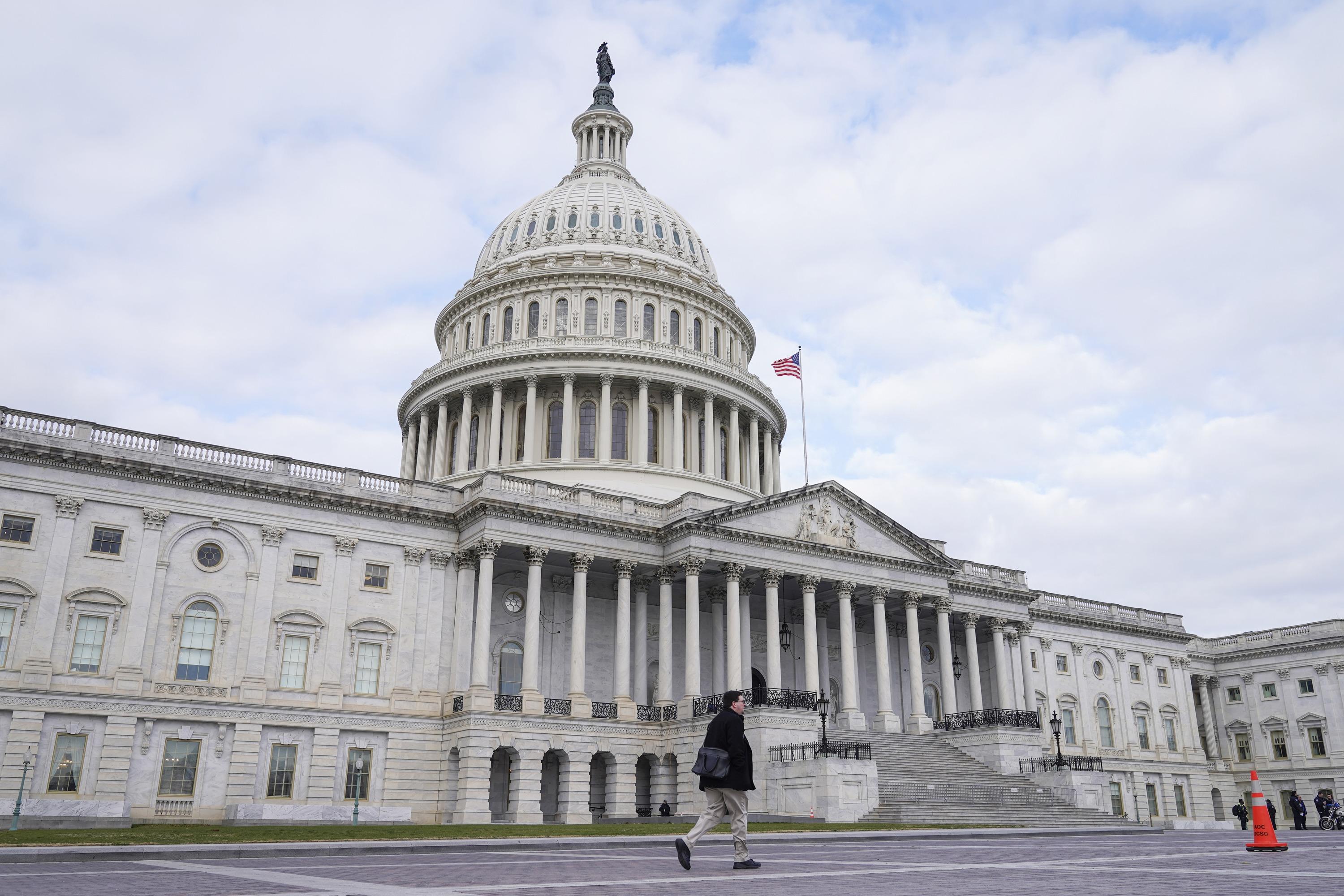 The US Capitol is seen on Jan 8, 2024, in Washington. (PHOTO / AP)
The US Capitol is seen on Jan 8, 2024, in Washington. (PHOTO / AP)
Despite various militant groups harassing United States' troops in the area and disrupting international cargo shipping through the Red Sea, the Joe Biden administration has trodden very cautiously to avoid another Middle East war since the outbreak of the Gaza conflict.
It has responded with restraint, believing a broader war in the region would further distract its strategic focus and deplete its already stretched resources. But the fatal Monday attack on a US base in northeast Jordan near the Syrian border has put tremendous pressure on the White House to act more decisively.
The Pentagon has registered 160 or so attacks on US bases in the region since the conflict in Gaza broke out on Oct 7.
But Monday's attack, which killed three US troops and injured dozens more, was the first that saw any loss of US lives. It was also the deadliest attack on US troops since 13 Americans were killed in a suicide bombing in Kabul in 2021 during the US military withdrawal from Afghanistan.
President Biden vowed in a written statement to "hold all those responsible to account". But as John Kirby, spokesman for the National Security Council, told NPR on Monday, the US does not want to see a wider conflict and it is "not looking for a war with Iran".
But the question the administration faces is not only about the forcefulness of the response. They will also have to determine to whom they should respond.
The response has to be strong to not only deter or debilitate the perpetrators, but also to offset pressures from the Republicans. Donald Trump, the Republican front-runner on the campaign trail, has lambasted Biden for his "weakness". Republican senator Lindsey Graham urged the administration "to strike targets of significance inside Iran".
And even before the reported probe comes to any definitive conclusion, both the Pentagon and the White House have singled out Iran as the culprit.
The Iran-backed umbrella group of militias, "the Islamic Resistance" in Iraq, claimed it carried out the attack in revenge for the US military presence in the region and the killings of Palestinians in Gaza.
But Teheran has denied any involvement. "Regional resistance factions do not receive orders from Iran, and Iran does not interfere in the decisions of the resistance to support Palestine or defend itself," the Iranian Foreign Ministry stated.
Fingers in Washington have long been pointed at Teheran, claiming it plays a leading role behind the turmoil in the region, and there is increasing domestic pressure within the US political circle to contain it. But proceeding on unproven allegations and opening direct conflict with the regional power will significantly worsen the situation. More important, it will inevitably bring about what the Biden administration has tried to avoid — getting the US ensnared in another needless, hopeless, unmanageable war in the region.


